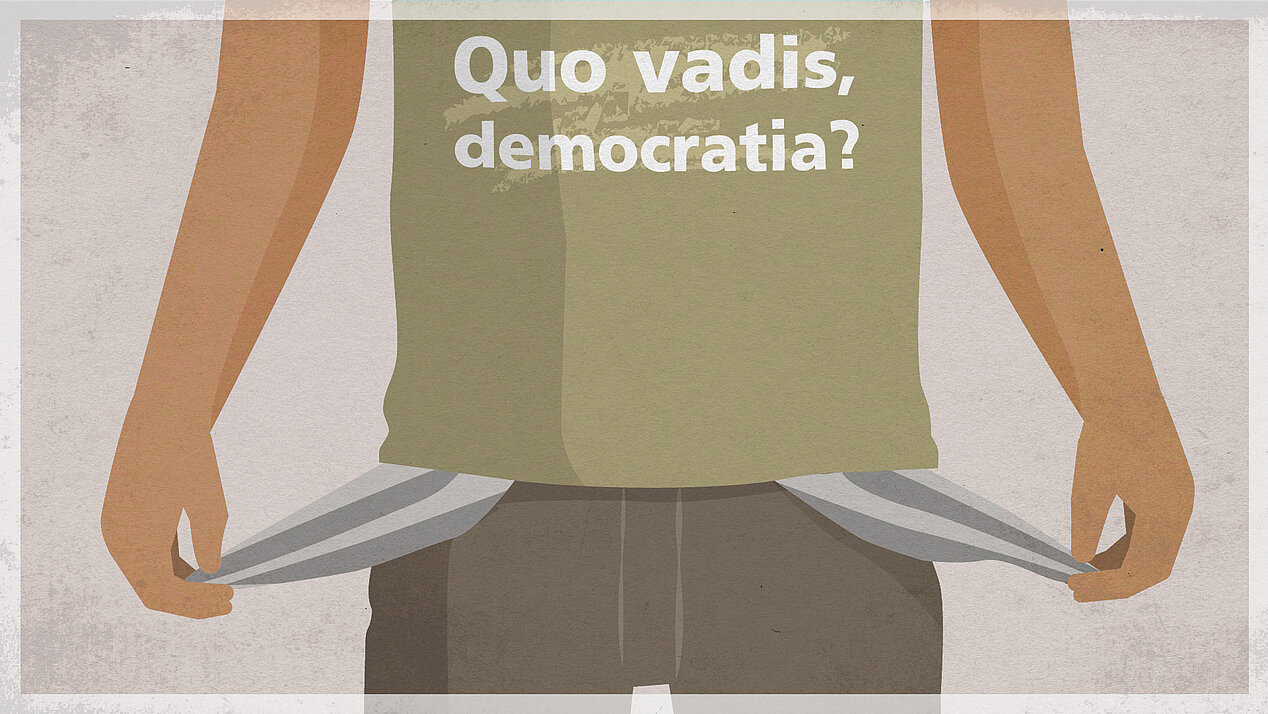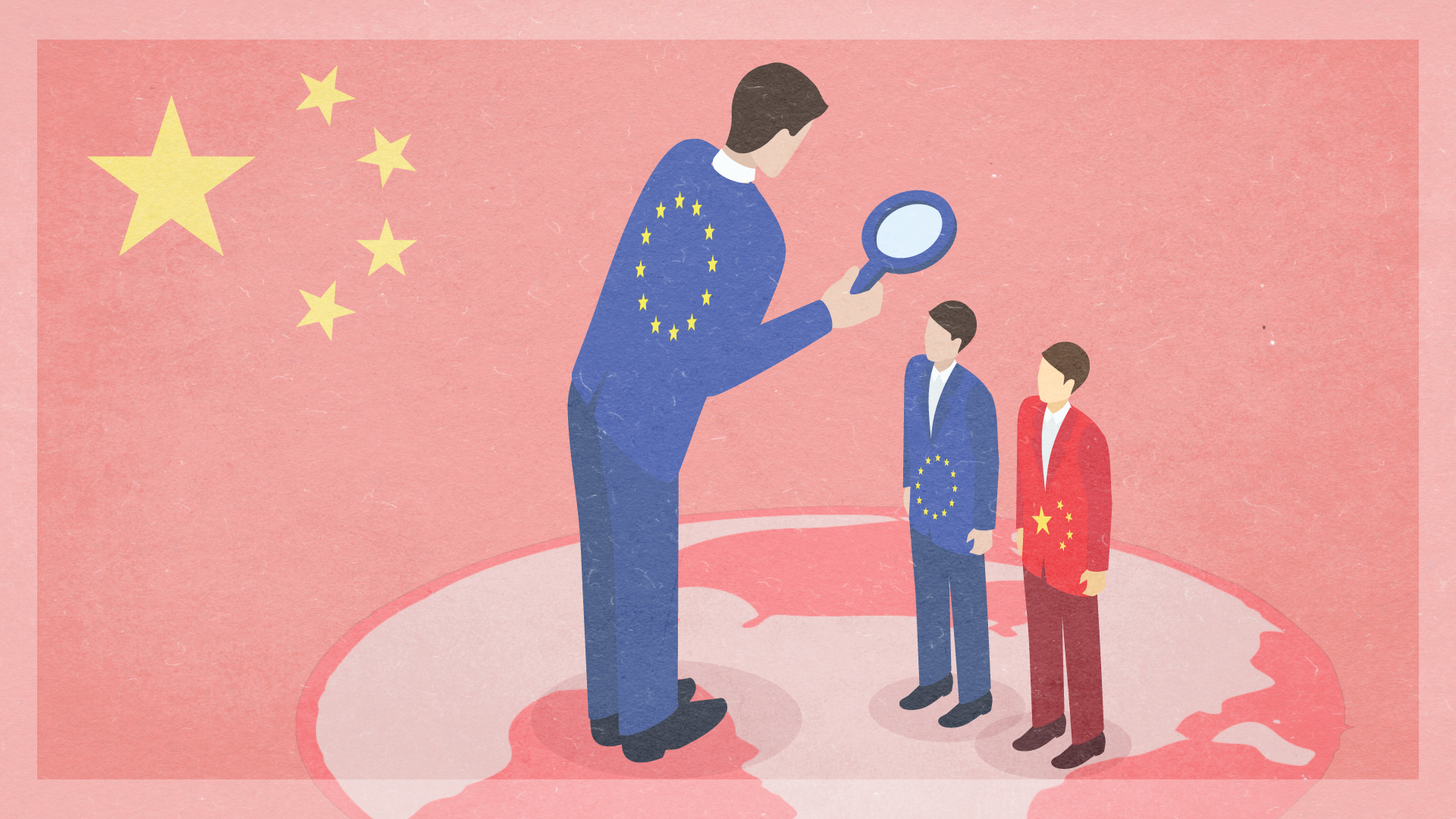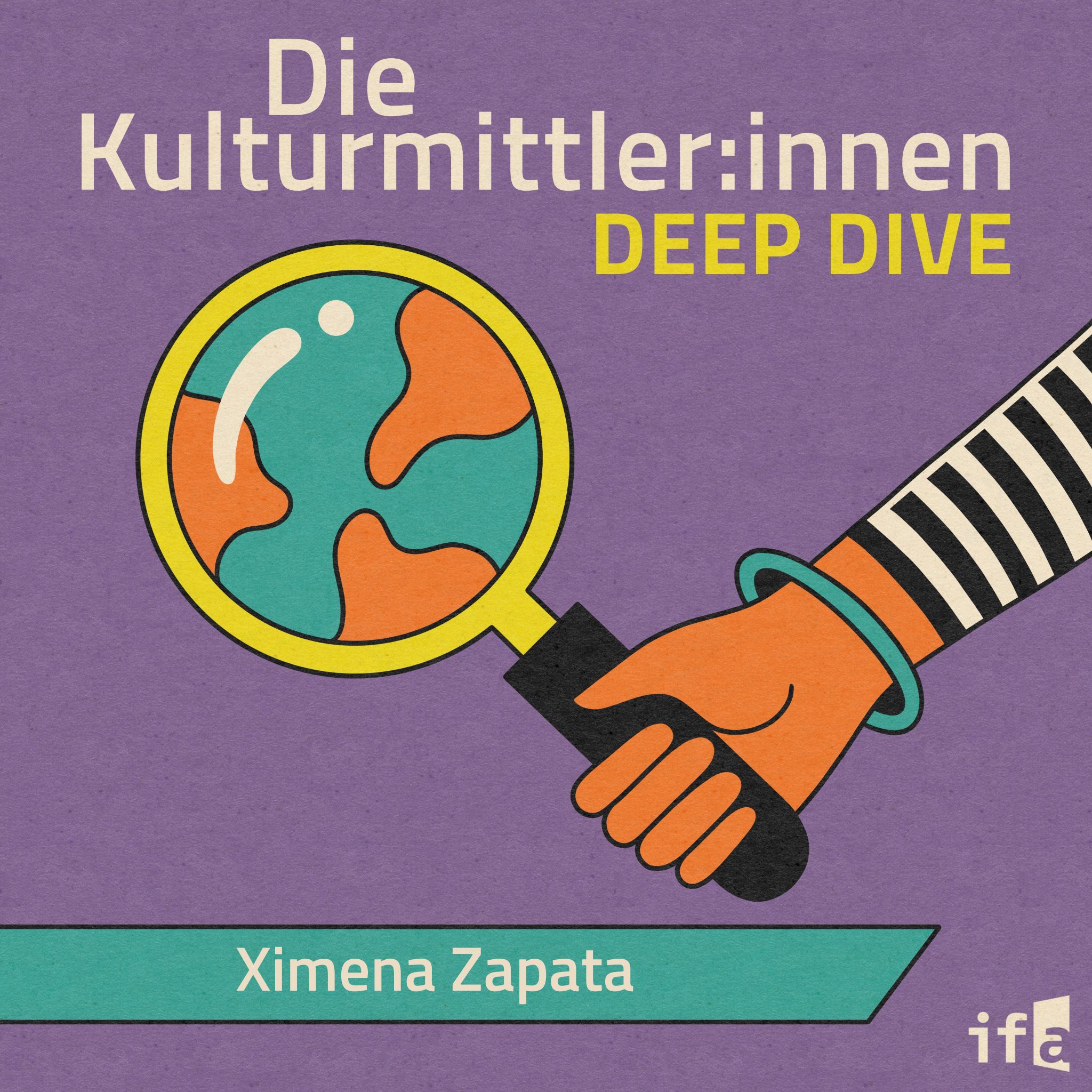The Chinese have plenty of money! This is now the constant cry, whether whispered quietly or shouted out loud to the world. How can this be? Just 20 years ago, China was a communist country that was widely afflicted by terrible poverty. We were used to seeing pictures of shabbily-dressed people with emaciated faces. Yet today hordes of Chinese shoppers throng the streets of Paris, London, New York and Venice, buying designer goods as if they were Chinese cabbage, stuffing their bags with Prada and Louis Vuitton, buying everything in an indiscriminate and seemingly haphazard fashion. Shopkeepers‘ faces light up as they rush to greet their new customers with bows, while the average person on the street wonders where they have all come from. How has China created such a miracle, seemingly overnight?
The Chinese have plenty of money. Perhaps what is more surprising is the fact that Europeans seem to have less and less of it. We are constantly reading about the ‘crisis’ that has befallen the countries of the EU, along with North America, Japan, Korea and Hong Kong. The people of these once rich capitalist countries are now complaining ever more frequently about the difficulties they face. Families are now being forced to make cutbacks. They are going without holidays and restaurant visits and swarming to the post-Christmas sales to snap up a bargain.
And then of course there are the national austerity programmes, which have had a particular impact on culture, the arts and publishing – all that these countries have prided themselves on in the past. There is no doubt that this is the worst financial crisis since the Second World War. As far as China is concerned, we find ourselves asking the question: what is going wrong here?
We can no longer cling onto the rigid equation formulated during the Cold War that stated capitalism equals democracy equals prosperity, while communism equals dictatorship equals poverty. Clearly this no longer rings true. Material prosperity used to be an indicator of an advanced society and the benchmark of a democratic society. But in today‘s reality it is a Chinese dictatorship that has the say while the West sinks deeper into poverty.
In fact, the Chinese government holds billions of dollars worth of US shares, and Chinese companies and individuals are buying American farms, British car companies, French vineyards and Italian fashion houses.
The Chinese government holds billions of dollars worth of US shares, and Chinese companies and individuals are buying American farms, British car companies, French vineyards and Italian fashion houses.
It is strange when I remember how I fled to New Zealand after the Tiananmen Square massacre of 1989. I lived in a tiny attic in an apartment block and survived on chicken soup. At that time we were in the final stages of the Cold War and the word ‘exile’ alone was proof enough that democracy equalled prosperity. In light of today‘s realities, we feel more compelled than ever to ask where the system is going wrong. Are we drawing the wrong conclusions?
Behind the Noveau Riche Facade
However, when we look more closely behind China’s nouveau riche facade, we see another face of China – a face that is not at all new. A few years ago the company Fushikang captured the headlines in China due to its scandalously low wages and the fact that thirteen of its workers jumped to their deaths. Since then, all tall company buildings have been fitted with safety nets, which have become known as ‘anti-jump nets’.
Company bosses who have to respect their own countries’ strict labour laws circumvent the issue by simply opening a factory in China. Here they find they are in paradise when it comes to labour conditions, with workers who have no unions, social security or healthcare and who earn extremely low wages. They are quite happy to leave behind the basic rules and concepts of democracy that they respect at home.
Company bosses find they are in paradise when it comes to labour conditions, with workers who have no unions, social security or healthcare and who earn extremely low wages. They are quite happy to leave behind the basic rules and concepts of democracy that they respect at home.
They are also happy to forget about the human rights that have been so hard-won in Europe and the USA since the Enlightenment. They simply focus on making a profit from a social system that in itself represents a contradiction: achieving the highest possible profits under the protection of a communist power. We are not drawing the wrong conclusions, but we are basing them on the wrong assumptions. Today the global capitalist system rules the world hand-in-hand with global slave labour. There is no trace of ‘democracy’. In China and elsewhere it has been drowned out by the sound of powerful men clinking their glasses.
Democracy is facing two serious problems, one intrinsic and one retrospective.
The intrinsic problem is that democracy does not automatically lead to equality and justice, but is based on a class system. This began in ancient times in Athens, when free people benefited from democracy while slaves were doomed to serve. People practised democracy within the polity but beyond its borders they were imperialists. Thucydides throws light on this in ‘The Peloponnesian War’.
They are happy to forget about the human rights that have been so hard-won in Europe and the USA since the Enlightenment. They simply focus on making a profit from a social system that in itself represents a contradiction: achieving the highest possible profits under the protection of a communist power.
The concentric circles of this paradigm have determined the theory and practice of Ancient Rome, the British Empire and the USA right up to the present day. Even Western welfare systems are based on this long history of inequality. The global colonialism of the Europeans, followed by American economic imperialism; the world supplied the West with raw materials and the West was its market place, its factory and the sole beneficiary of the profits.
The real reason why the West is suddenly poverty-stricken is the collapse of the established world order as a result of globalisation, the breakdown of the cultural walls by which democracy’s inherent inequality is transferred to the world. Now a few influential people enjoy the benefits while poverty increases around the globe. Quo vadis, democracy? How should we handle the challenges that democracy is facing and, above all, how should we redefine democracy within our new modern context? Do we need to rethink our individual values and codes of conduct? Democracy remains an unresolved problem.
Breaking Down Cultural Walls
The question mark that is democracy is also closely linked to the end of the Cold War. The differences between the two ideological blocs evaporated overnight. Whereas in the past there had seemingly been a choice between socialism and capitalism, now there were suddenly no longer any alternatives. The credo of profit has ousted all ‘isms’, and today political parties are businesses that distinguish themselves through the efficiency of their management. Our times have never before been so lacking in political and social ideas.
From South Africa to Armenia, the picture is the same: even before young people have finished their studies their lives are predetermined, perhaps even over. The fault lies in a total absence of values. What can a human life seek in the narrow channels of profit? We have no choice but to go with the flow and fit in with what is around us. We join the scramble for profit and grab whatever we can.
Translated from Chinese by Karin Betz








